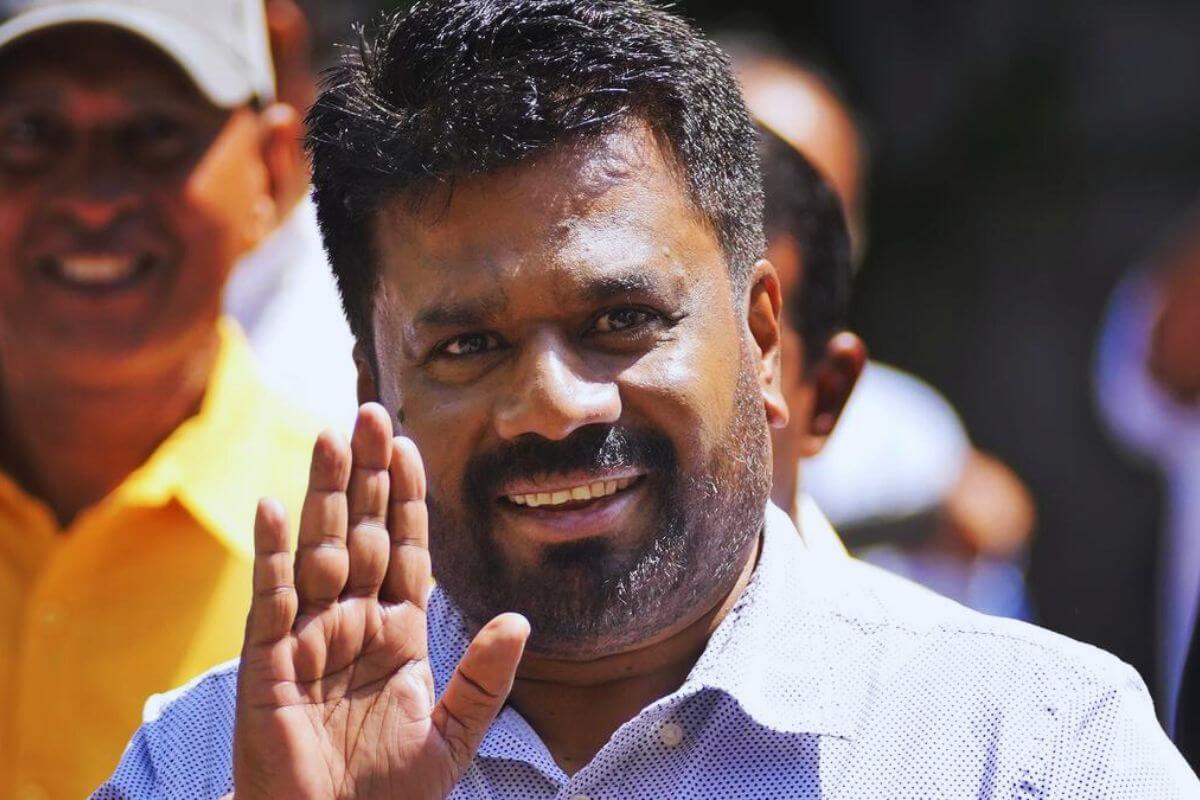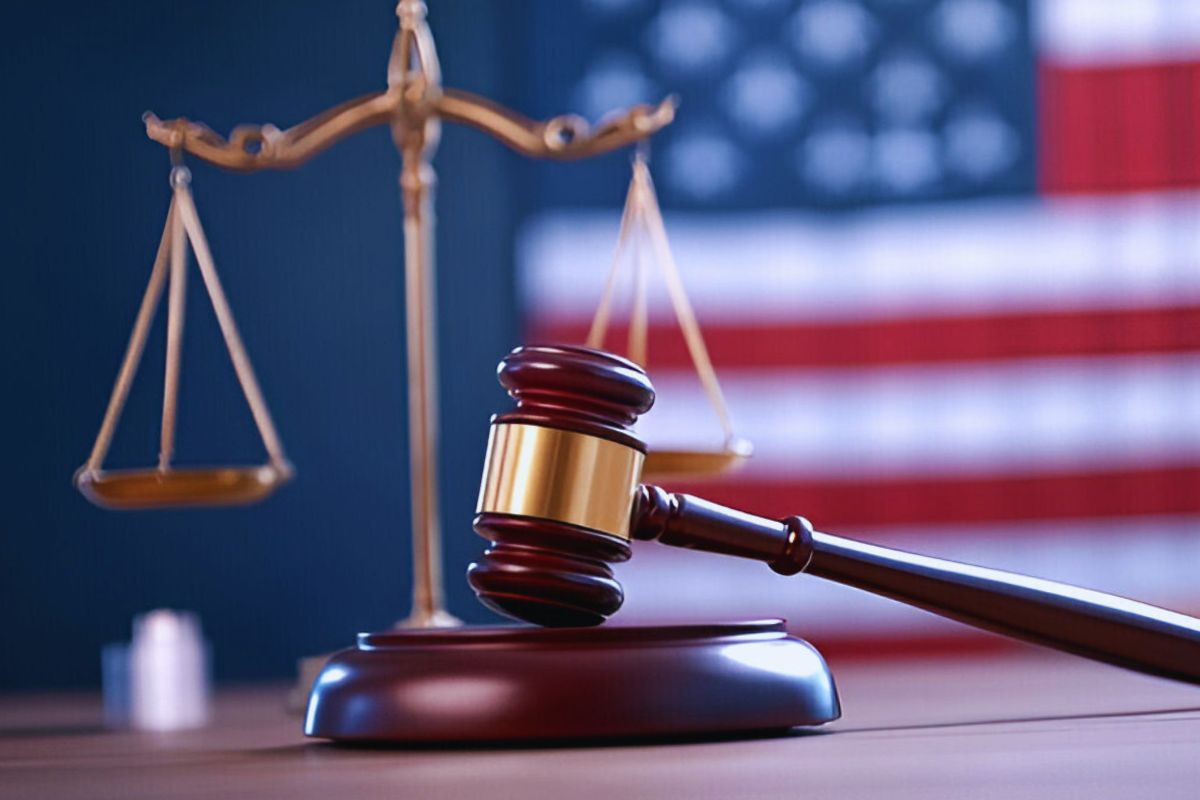Anura Kumara Dissanayake Elected New President of Sri Lanka
Anura Kumara Dissanayake elected as the new President of Sri Lanka, marking a historic victory for the National People Power.






Following the most significant financial crisis the South Asian country has seen in decades, voters in Sri Lanka chose Marxist Anura Kumara Dissanayake as the New President of Sri Lanka on Sunday, placing their trust in his promise to combat corruption and support a shaky economic recovery.
Dissanayake, 55, who does not have political ancestry like his opponents in the New President of Sri Lanka race, led the entire vote-counting process and eliminated opposition leader Sajith Premadasa and incumbent President Ranil Wickremesinghe.
“We are certain that we can establish a stable government, improve the nation, and advance. After a second vote tally verified his victory, Dissanayake told reporters, “For me, this is not a position; it is a responsibility.”
Also Read, 4 Dead, 18 Injured Mass Shooting in Birmingham, Say Alabama Police
The election was a referendum on Wickremesinghe, who managed the delicate economic recovery of the highly indebted country from a financial crisis. Still, many were unhappy with the budget cuts essential to this recovery. His 17% of the vote put him in third place.
In a statement acknowledging defeat, Wickremesinghe, 75, said, “Mr. President, here I hand to you with much love, the dear child called Sri Lanka, whom we both cherish very dearly.”
Dissanayake received 5.6 million votes, or 42.3% of the total, a significant increase over the 3% he received in the last 2019 presidential election. With 32.8%, Premadasa came in second.
For the first time in the history of the Indian Ocean island, the New President of Sri Lanka contest was determined by a second round of voting when the front-runners could not secure the necessary 50% of the vote, declared winners.
Voters cast three preferential votes for the candidates of their choice under the election system.
A second count employing the preference votes cast between the top two candidates determines the winner if no candidate receives 50% of the votes in the first count.
According to the election commission, around 75% of the 17 million eligible voters cast ballots.
This was the nation’s first election since a significant foreign exchange crisis in 2022 caused its economy to collapse, making it impossible to pay for the import of necessities like cooking gas, fuel, and medication.
President Gotabaya Rajapaksa was compelled to leave and step down due to protests.
Dissanayake promised to dissolve parliament within 45 days of taking office to gain a new mandate for his policies in general elections, positioning himself as the candidate of change for those suffering from austerity measures connected to a $2.9 billion bailout from the International Monetary Fund.
The outcome of the election “clearly shows the uprising that we witnessed in 2022 is not over,” University of Colombo political scientist Pradeep Peiris stated.
Voters have supported alternative political structures and practices by casting their ballots accordingly. People have come together to support Dissanayake, often known as AKD, since he embodies these goals.”
Dissanayake’s agenda, which includes a $25 billion debt restructuring and promises to cut taxes that could affect IMF budgetary forecasts, has alarmed investors.
During the election, however, he adopted a more flexible stance, declaring that he was dedicated to guaranteeing debt repayment and that all modifications would be made after consulting the IMF.
With the support of the IMF agreement, Sri Lanka’s economy has made a shaky comeback. Growth is anticipated this year for the first time in three years, and inflation has decreased from a crisis peak of 70% to 0.5%.
But with millions of people still living in poverty and many looking to the next leader for hope for a better future, the high cost of living remained a significant concern for many voters.
Dissanayake ran as a candidate for his Marxist-leaning Janatha Vimukthi Peremuna party as part of the National People’s Power alliance.
Despite JVP’s meagre three seats in parliament, Dissanayake’s popularity was strengthened by his commitments to strict anti-corruption measures and additional plans to help people in need.
To put Sri Lanka’s economy on a stable growth path, reassure investors, pay off debt, draw in investors, and lift 25% of the country’s population out of poverty, he must ensure the government stays on the IMF program through 2027.
“Improper management is the fundamental reason for our nation’s decline. Real estate tycoon Janak Dias, 55, said, “We feel that if we have an effective leader to lead this country… We can be successful in the future.
© 2024 Latest News in USA. All Rights Reserved